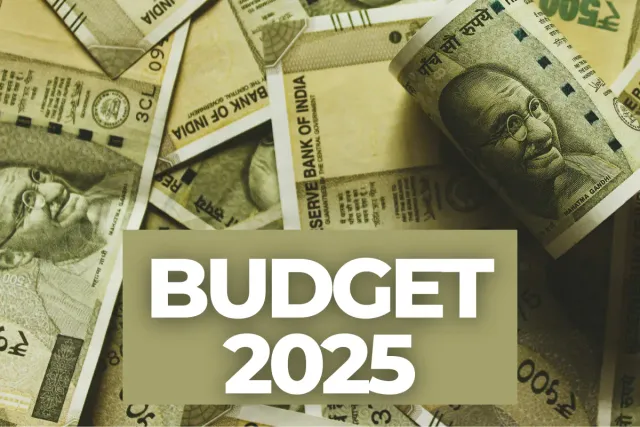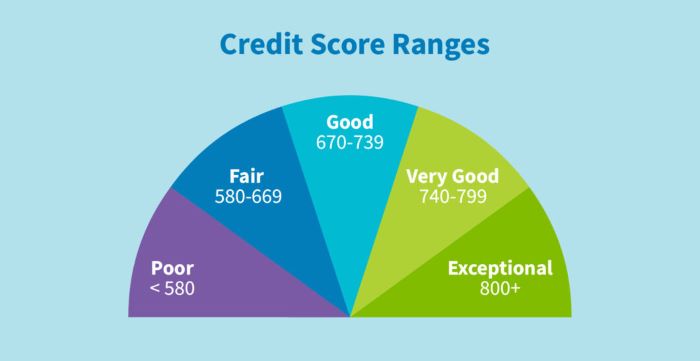The Union Budget is one of the most anticipated financial events of the year, shaping the country’s economic policies, industry growth, and stock market trends. Every year, the budget announcement plays a crucial role in determining market sentiment, with investors eagerly analyzing its impact on various sectors.
This article explores the Budget Impact on Share Market, key takeaways for investors, and how different industries may react to the government’s policies.
Understanding the Union Budget 2025
The Union Budget 2025 is an annual financial statement presented by the Finance Minister, outlining the government’s revenue and expenditure plans for the upcoming fiscal year. It includes major policy decisions on taxation, public spending, infrastructure development, and social welfare programs.
For stock market participants, the budget is crucial as it can influence corporate earnings, foreign investment flows, and overall market sentiment.
Budget Impact on Share Market: Key Factors to Watch
The stock market reacts to the budget based on various factors, including taxation policies, fiscal deficit targets, sectoral allocations, and policy reforms. Here are some critical elements that determine the Budget Impact on Share Market:
1. Taxation Policies and Their Effect on Markets
- Changes in corporate tax rates can directly impact company profits and investor sentiment.
- Any alteration in capital gains tax, securities transaction tax (STT), or dividend distribution tax (DDT) may influence retail and institutional investors.
2. Fiscal Deficit and Government Borrowing
- A higher fiscal deficit may lead to increased government borrowing, potentially impacting bond yields and stock valuations.
- A lower deficit target is generally positive for the market, as it signals economic stability and disciplined spending.
3. Sectoral Allocations and Market Movements
- Budget announcements related to infrastructure, banking, real estate, and healthcare sectors often cause stock price fluctuations.
- Higher allocations to industries like renewable energy, manufacturing, and technology can boost related stocks.
4. Foreign Direct Investment (FDI) and Foreign Institutional Investors (FII) Sentiment
- Policy reforms aimed at attracting FDI can encourage foreign investors to increase their stakes in Indian companies.
- Clarity on policies related to taxation and ease of doing business impacts FII participation in the share market.
Expected Impact of Union Budget 2025 on Different Sectors
1. Banking and Financial Sector
- A higher capital infusion in public sector banks (PSBs) could boost banking stocks.
- Any relaxation in Non-Performing Asset (NPA) norms or loan restructuring policies can positively impact the banking sector.
2. Infrastructure and Real Estate
- Increased allocation for roads, highways, and urban development can drive infrastructure-related stocks.
- Tax benefits on home loans or incentives for affordable housing can boost real estate companies.
3. Information Technology (IT) and Startups
- Policies supporting digital transformation and startups can help IT firms and fintech companies.
- Incentives for AI, blockchain, and automation technologies may positively impact tech stocks.
4. Healthcare and Pharmaceuticals
- Budgetary focus on healthcare infrastructure, medical research, and insurance can drive pharmaceutical stocks.
- Any reduction in GST on essential medicines can boost healthcare stocks.
5. Auto and Electric Vehicle (EV) Sector
- Tax benefits or subsidies for EV manufacturers can accelerate growth in the automobile sector.
- Any changes in import duties on auto components will influence stock prices in this industry.
Investor Strategy Post-Union Budget 2025
To navigate the market fluctuations following the budget, investors should adopt a strategic approach:
- Monitor Key Announcements: Focus on budget provisions that impact taxation, fiscal deficit, and government spending.
- Diversify Investments: Spread investments across various sectors to mitigate risks.
- Long-Term Perspective: Avoid impulsive reactions to short-term market movements and focus on long-term growth potential.
- Sectoral Rotation: Identify sectors expected to benefit from budgetary policies and adjust investments accordingly.
Conclusion
The Union Budget 2025 will significantly influence the Indian stock market, with policy decisions shaping investor sentiment and market trends. By carefully analyzing the Budget Impact on Share Market, investors can make informed decisions to maximize their returns.
Keeping an eye on taxation policies, fiscal deficit, and sectoral allocations will be crucial for both short-term traders and long-term investors.






